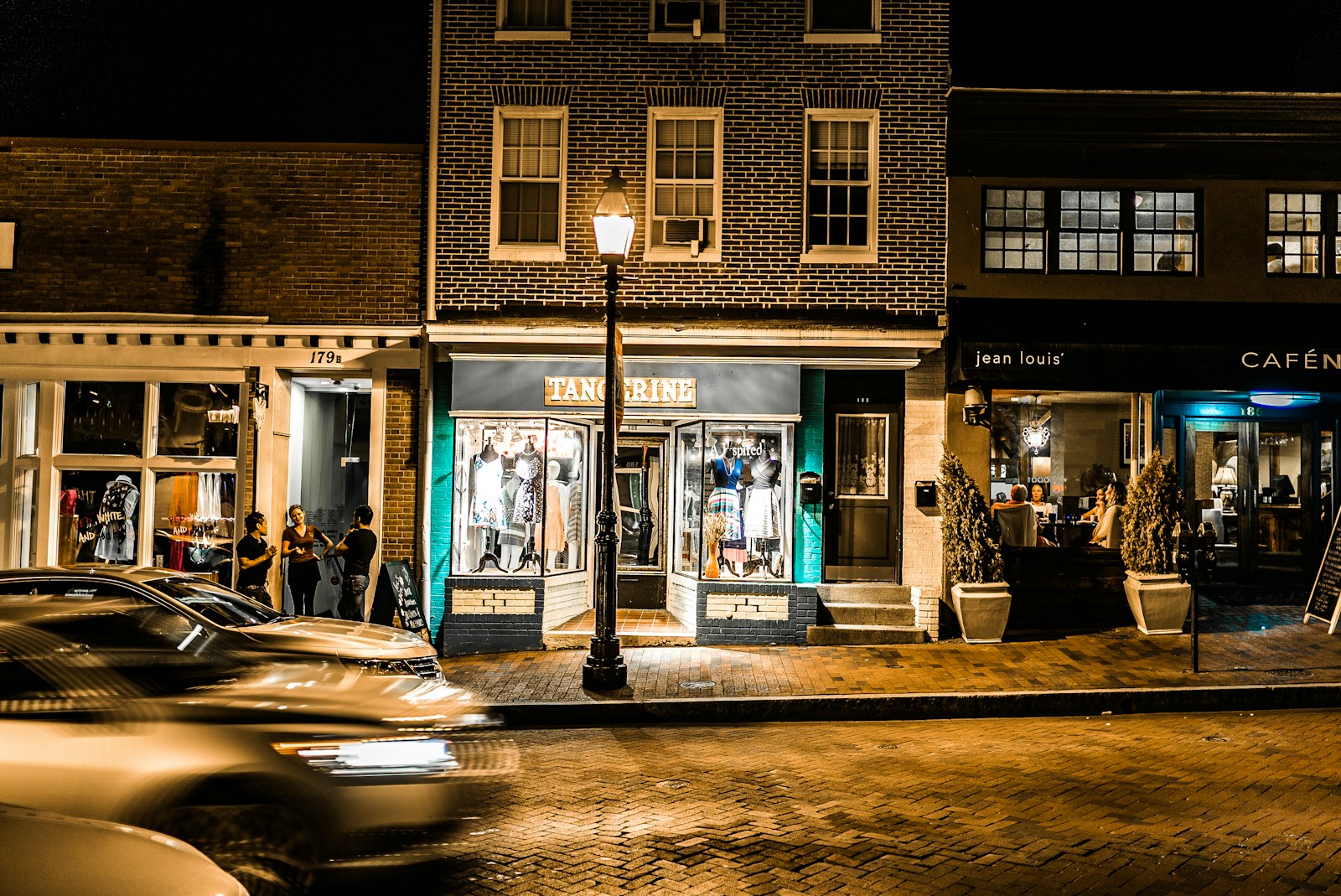
route

road
The word 'route' in French translates to 'road' in English. It is chiefly used to denote a paved path for vehicles. It is part of many compound terms and expressions to talk about road conditions, directions, trips, etc.
Example sentences using: route
Tu dois suivre cette route pour arriver à l'école.

You need to follow this route to get to school.
This sentence can be used to instruct someone about the way to go to reach a particular place. In this case, the specific location is the school.
Il y a beaucoup de trafic sur cette route.

There is a lot of traffic on this route.
This French sentence indicates that there are many cars or vehicles using a particular route, causing slow movement, commonly referred to as traffic.
La route est longue, mais ne perds pas espoir.

The road is long, but do not lose hope.
This metaphoric phrase implies that though the journey ahead may seem tough or lengthy, one should not lose hope.
La route vers le succès est toujours difficile.

The path to success is always tough.
Another metaphor, this phrase is saying that the process (or 'route') to achieving success is often faced with challenges or difficulties.
Il faut prendre la prochaine route à droite pour aller au parc.

Take the next right to go to the park.
In this French sentence, the speaker is giving specific directions to reach a park, taking the next route on the right.
La route était si escarpée que nous avons dû marcher à pied.

The road was so steep that we had to walk.
The speaker describes a situation where a route was too steep for a vehicle to climb, necessitating walking instead.
La route de la plage est fermée pour des travaux.

The road to the beach is closed for repairs.
Here, a closure of a particular route, leading to a beach, is being announced due to repair work.
J’ai choisi la mauvaise route et me suis perdu.

I took the wrong road and got lost.
The speaker is mentioning a situation where they chose the wrong path (route) and subsequently lost their way.
La route est glissante à cause de la pluie.

The road is slippery due to the rain.
This French sentence is used to express the effect of rain on the road's condition, making it slick or slippery, which is worth considering while driving.
La route se divisait en deux, and il ne savait pas quelle voie choisir.

The road split into two, and he didn't know which way to choose.
This phrase describes a decision-making situation at a junction where the route bifurcates, leaving a traveller unsure of which path to choose.